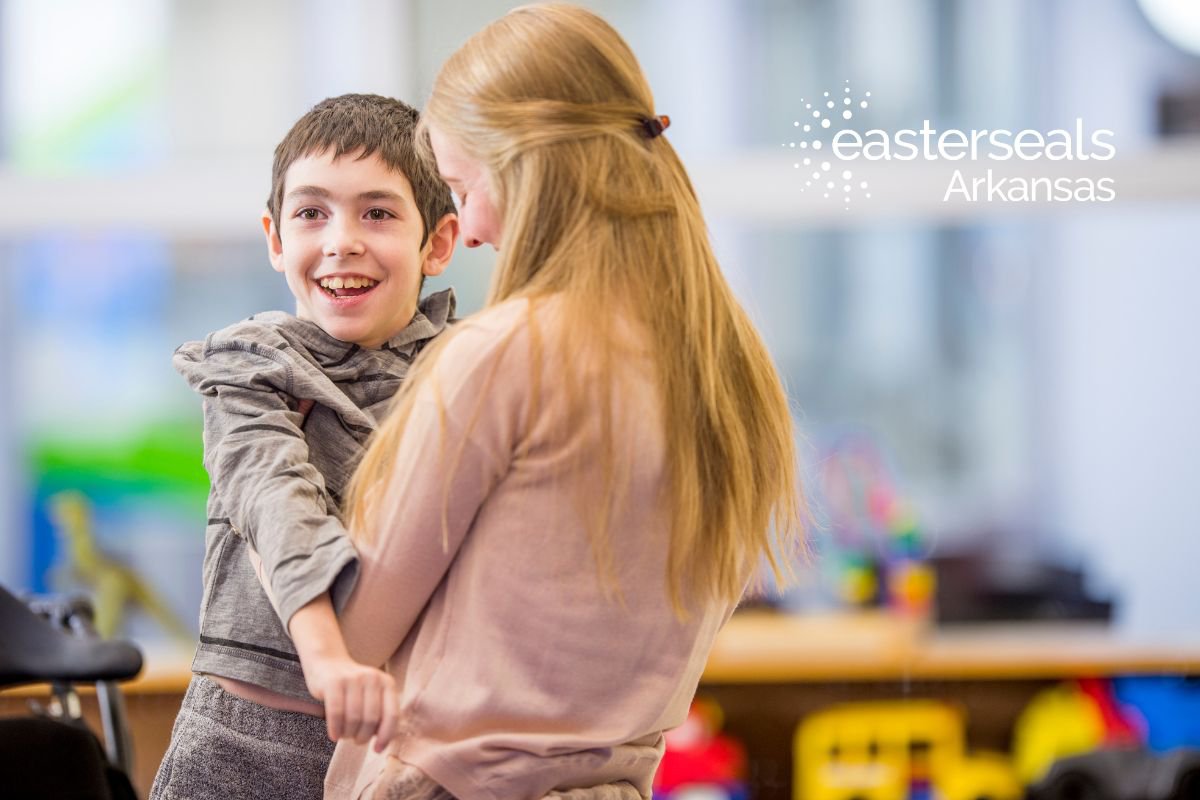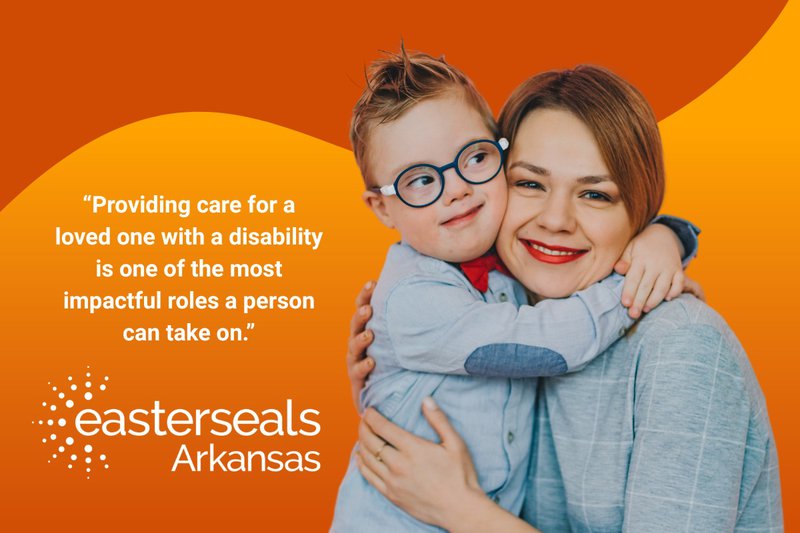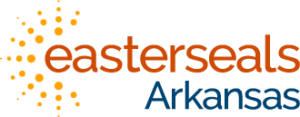
Being a family caregiver means doing a lot more than they might expect. They help with daily needs, track health changes, manage doctor visits, and keep things running at home—all while staying strong for the person you love. If you care for a child or adult with a disability, you know how much your role matters. Understanding the breadth of family caregiver responsibilities can help make that role more manageable.
Key Takeaways:
- Caregivers may assist daily with a variety of needs, such as hygiene, dressing, toileting, and mobility tasks.
- They plan and prepare nutritious, easy-to-eat meals while keeping food safety in mind.
- Household duties include cleaning, laundry, shopping, and making the home safer.
- Emotional support means regular conversation, companionship, and spotting signs of depression.
- Medical duties include tracking medications, managing appointments, and talking to healthcare providers.
- Home safety involves fall prevention, safety gear, and readiness for emergencies.
- Mobility support includes safe transfers, walking aids if necessary, and daily movement.
- Financial care includes paying bills, tracking expenses, and managing legal rights like Power of Attorney.
- A structured caregiving plan includes routines, care tasks, and should be reviewed monthly.
- Preventing burnout includes setting boundaries, joining support groups, and practicing self-care.
- Family caregiving roles work best when shared through clear planning and communication.

Understanding Family Caregiver Responsibilities for Individuals with Disabilities
Caring for a loved one with a disability is a full-time commitment that blends compassion, organization, and resilience. Whether supporting a child with developmental delays or an adult with intellectual or physical challenges, family caregiver responsibilities span far beyond basic assistance. They touch every part of daily life—from personal hygiene to emotional well-being and medical coordination. At Easterseals Arkansas, families can find the guidance and services they need to navigate this journey with strength and support.
Family Caregiver Responsibilities Begin with Daily Personal Care
When caregivers begin their day, the first question is often, “What does my loved one need today?” The answer usually includes a helpful mix of personal hygiene, dressing routines, and toileting support. These essential tasks not only promote physical health but also preserve dignity and comfort.
For instance, caregivers help with bathing—whether that's a full shower, sponge bath, or rinse-free wipe-down. They brush teeth, comb hair, trim nails, and assist with shaving. Gentle products and a consistent routine help create a sense of safety and predictability, especially for individuals with sensory sensitivities.
Clothing choices also matter. Soft, easy-to-wear clothes like wide-neck shirts or pants with elastic waistbands make dressing easier and support independence. For those who cannot leave their bed, caregivers also perform in-bed hygiene, using barrier creams and checking for any signs of skin breakdown.
These duties, while routine, are essential. They build trust, reduce risk, and boost confidence. You can learn more about daily care techniques through resources offered by Easterseals Arkansas.
Meal Preparation Is a Core Part of Healthy Daily Living
Nutrition is one of the most powerful tools caregivers use to promote well-being. However, meal preparation involves more than cooking—it’s about understanding specific needs, sensitivities, and preferences.
For example, some individuals with disabilities may have difficulty chewing or swallowing. Others may be on special diets due to medications or health conditions. In these cases, caregivers often prepare soft, easy-to-eat meals like soups, mashed vegetables, or scrambled eggs.
Weekly meal planning saves time and reduces stress. It also allows caregivers to shop more efficiently and prepare meals in advance. Involving the person receiving care—when possible—in planning or cooking can bring joy and a sense of inclusion.
Food safety is another responsibility. Caregivers must stay alert to expiration dates, maintain proper fridge temperatures, and avoid cross-contamination. Clean hands and sanitized prep areas are just as important as the meals themselves.
For recipes and tips tailored to disability-related dietary needs, caregivers can explore nutrition guides or consult healthcare providers.
Household Management Also Falls Under a Family Caregivers’ Responsibilities
In most caregiving households, the caregiver becomes the default home manager. This includes doing laundry, washing dishes, vacuuming, changing bed linens, and keeping shared spaces safe and clutter-free.
Safety is always top of mind. Caregivers often install non-slip mats, secure area rugs, and rearrange furniture to allow better mobility. They also manage tools like walkers, hygiene equipment, and communication devices.
Keeping the home stocked with essentials—like medications, hygiene products, and groceries—is another ongoing task. Many caregivers keep a running checklist to avoid last-minute stress.
Additionally, caregivers may handle things like sorting mail, managing bills, and coordinating transportation. For a person with a disability, having a calm, organized, and accessible home environment is key to maintaining independence and emotional wellness.
Emotional Support Is a Vital Part of Caregiving
One of the most overlooked yet critical family caregiver responsibilities is offering emotional support. Companionship helps reduce isolation, depression, and anxiety, especially when children or adults with disabilities feel left out of broader social circles.
Simple acts—like sitting together, listening attentively, or sharing a laugh—create meaningful bonds. Many caregivers schedule regular quiet time just to talk or read. These moments help the person receiving care feel seen and valued.
For caregivers, it’s important to watch for signs of emotional distress. These may include withdrawal, sleep changes, loss of interest, or unexplained physical complaints. Caregivers play a key role in identifying and addressing these shifts early.
Activities like music, light exercise, or arts and crafts can uplift mood. Games, memory books, or sensory play also help build engagement. Sometimes, simply being present is the most powerful support a caregiver can offer.
Helpful resources like the Family Caregiver Alliance provide strategies and support networks for caregivers navigating emotional care.
Medical Management Is a Major Family Caregiver Responsibility
Coordinating healthcare is one of the more complex aspects of caregiving. From handling medications to attending appointments, caregivers must stay on top of many moving parts.
Medication management includes using labeled pillboxes, setting alarms or calendars, and keeping a log of doses and side effects. It’s important to maintain updated lists of prescriptions and over-the-counter drugs, especially due to potential interactions.
Caregivers also track refills, communicate with pharmacists, and monitor for symptoms. When something feels off—like a change in mood or behavior—it may be linked to a medication issue that needs professional review.
Appointments require preparation and follow-through. Most caregivers maintain a binder with medical histories, doctor contacts, and visit summaries. Attending these visits, when possible, allows caregivers to share observations and ask important questions.
Communication with medical teams should be direct and focused. Caregivers need to advocate, take notes, and ensure clarity on instructions. Asking questions like “Can you explain that another way?” or “What are the side effects?” helps everyone stay informed.
Safety and Accessibility Are Constant Priorities in the Home
Creating a safe environment is one of the non-negotiable responsibilities in family caregiving. Falls, burns, or health emergencies can be prevented with proactive planning.
This begins with removing tripping hazards—like loose rugs, clutter, or exposed cords. Walkways should be wide and clear. Non-slip mats and grab bars in bathrooms are essential, especially near toilets and showers.
In bedrooms and living rooms, sturdy chairs with armrests and good lighting reduce strain and risk. Nightlights help with overnight mobility, and raised toilet seats or handheld showerheads offer added independence.
Technology can be a big help, too. Fall detection devices, call buttons, and video doorbells offer peace of mind. Some caregivers use medication dispensers with alarms or apps that track daily routines.
Emergency prep is also important. Caregivers should create an action plan that includes contact information, allergies, medications, and medical conditions. Post this somewhere visible, and practice safety drills when appropriate.
More information on home safety for individuals with disabilities is available through Easterseals Arkansas.
Balancing Advocacy and Personal Boundaries
Family caregivers often become advocates—whether at school meetings, medical appointments, or public events. Advocating for proper accommodations, inclusive education, or better services is part of the journey.
However, balancing advocacy with personal well-being is essential. Caregivers must set boundaries, take breaks, and ask for help. Burnout is real, and without proper support, even the most dedicated caregivers can feel overwhelmed.
That’s why Easterseals Arkansas provides not only services for individuals with disabilities but also guidance and support for caregivers. From educational resources to respite care referrals, they understand that helping caregivers helps families thrive.
Community and Connection Make a Difference
Caregiving doesn’t have to be isolating. When caregivers connect with peer support groups, online communities, or local organizations, they gain insight and encouragement. Shared experiences create strength, and knowing they’re not alone provides emotional relief.
Easterseals Arkansas hosts events, workshops, and volunteer opportunities that allow caregivers and families to build community. These programs empower families while celebrating the unique strengths of individuals with disabilities.
Whether someone is new to caregiving or years into the journey, it’s never too late to reach out, learn something new, or receive support.
Let’s Help You Support the Ones You Love
Discover the Resources That Make Caregiving Easier
At Easterseals Arkansas, families caring for children or adults with disabilities can find trusted programs, personalized support, and expert guidance. Whether you need help with independent living, job coaching, or emotional care, our team is here for you Providing care for a loved one with a disability is one of the most impactful roles a person can take on. From daily personal care and household support to emotional connection and medical coordination, family caregiver responsibilities shape the quality of life for both the caregiver and the person receiving care. With the right tools, guidance, and support from organizations like Easterseals Arkansas, families can navigate this journey with confidence, compassion, and community.
Reach out today to find the right services for your family.
Caregiving is a journey—and you don’t have to walk it alone.
